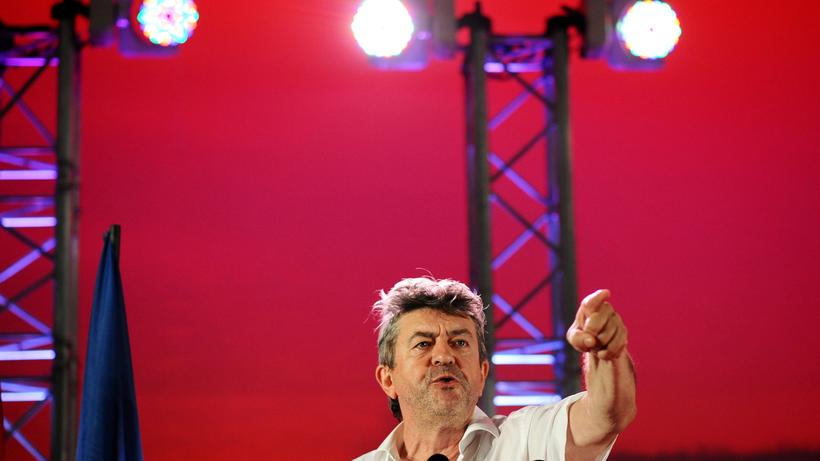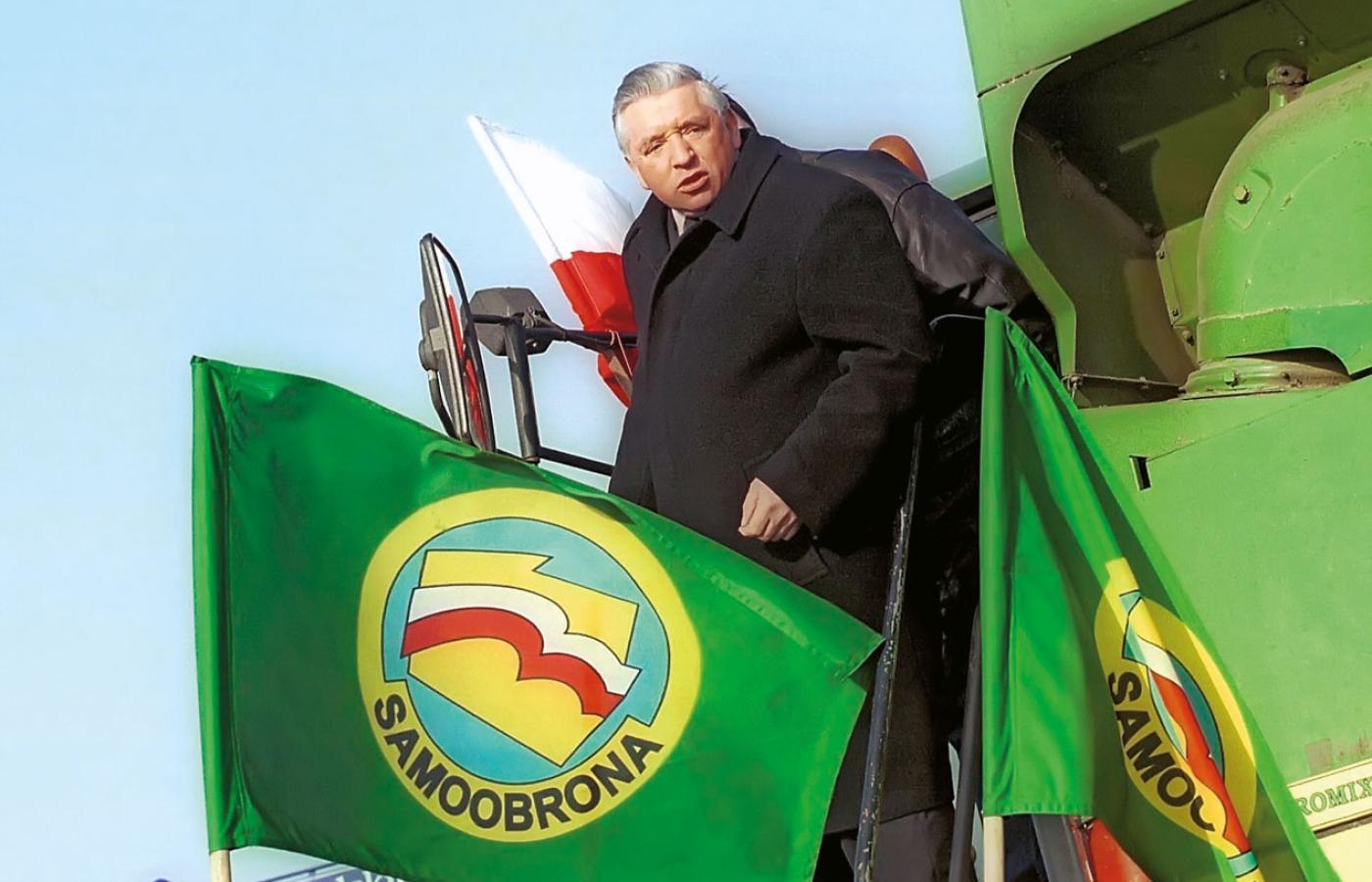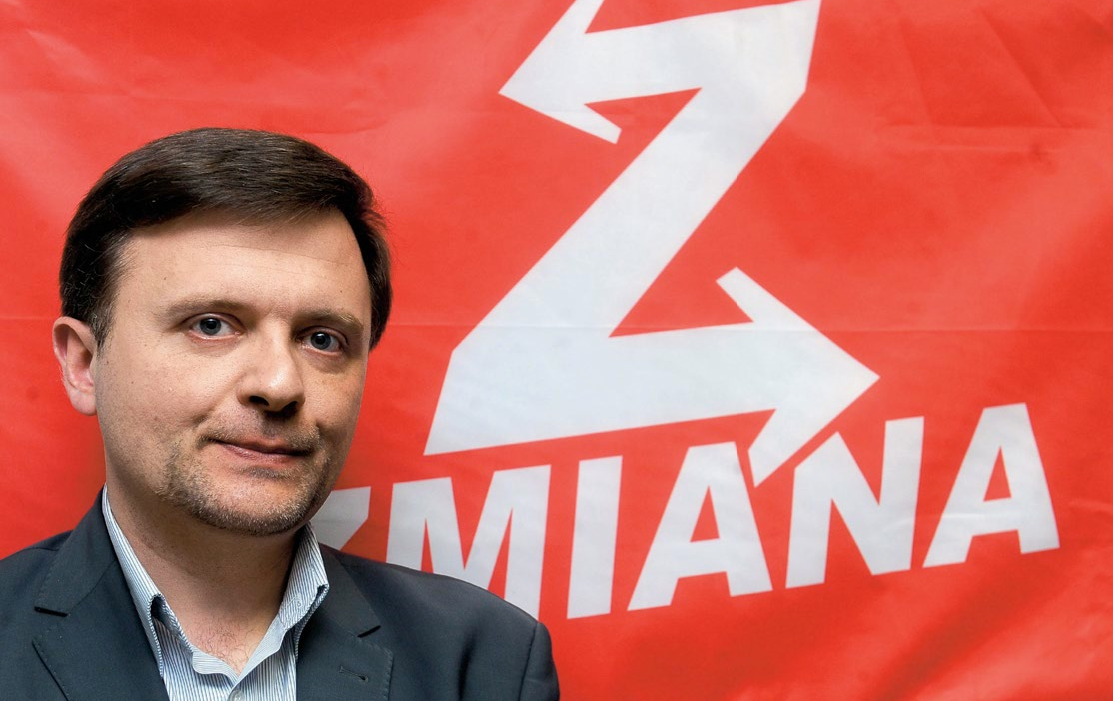Post by pieter on Dec 22, 2021 15:19:38 GMT -7
Left-wing nationalism

An Irish republican mural in Belfast showing solidarity with Basque nationalism
Left-wing nationalism or leftist nationalism, also known as social nationalism, is a form of nationalism based upon national self-determination, popular sovereignty and left-wing political positions such as social equality. Left-wing nationalism can also include anti-imperialism and national liberation movements. Left-wing nationalism often stands in contrast to right-wing politics and right-wing nationalism.

The Leftwing Nationalist and Leftwing Populist Jean-Luc Mélenchon, leader of the France's Left Front © Remy Gabalda/AFP/Getty Images
Left-wing nationalism in Poland

In the late 19th century, the Polish labour movement split into two factions, with one proposing communist revolution and Polish autonomy within the Russian Empire which established the Social Democracy of the Kingdom of Poland and Lithuania (Polish: Socjaldemokracja Królestwa Polskiego i Litwy, SDKPiL), renamed later as the Communist Party of Poland (Polish: Komunistyczna Partia Polski, KPP). However, most activists have seen Polish independence as a requirement to realize socialist political program as after Poland partitions Austria-Hungary, Prussia and Russia repressed their ethnically Polish citizens of all social classes. Those activists established Polish Socialist Party ((Polish: Polska Partia Socjalistyczna, PPS). During World War I, PPS' leader Józef Piłsudski became a leader of German dominated puppet Poland and then broke an alliance with Central Powers, claiming an independent Second Polish Republic. As a Chief of State, Piłsudski signed in very first weeks decrees about the eight hour work day, equal rights for women, free and compulsory education, free healthcare and social insurance, making Poland one of the most progressive countries of interwar period.

Józef Piłsudski (5 December 1867 – 12 May 1935) was a Polish Socialist, a Polish statesman who served as the Chief of State (1918–1922) and First Marshal of Poland (from 1920). Piłsudski can be considered a Leftwing Nationalist or Leftwing Patriot.
In Poland itself, the PPS is considered pro-independence and patriotic left-wing (in contrast with the internationalist left-wing) rather than left-wing nationalist. The term nationalism is used nearly exclusively for the right-wing National Democracy ((Polish: Narodowa Demokracja, also known from its abbreviation ND as Endecja) of Roman Dmowski and other officially far-right movements such as National Radical Camp and National Revival of Poland. The Communist Polish United Workers' Party (Polish: Polska Zjednoczona Partia Robotnicza; PZPR), which ruled the Polish People's Republic (1947–1989) as a one-party state from 1948 to 1990 was ideologically based on the theories of Marxism-Leninism, with a strong emphasis on left-wing nationalism.
In the late 19th and early 20th century, many Polish nationalist leaders endorsed the Piast Concept. ( en.wikipedia.org/wiki/Piast_Concept ) It held there was a Polish utopia during the Piast Dynasty a thousand years before, and modern Polish nationalists should restore its central values of Poland for the Poles. Jan Poplawski had developed the "Piast Concept" in the 1890s, and it formed the centerpiece of Polish nationalist ideology, especially as presented by the National Democracy Party, known as the "Endecja," which was led by Roman Dmowski. In contrast with the Jagiellon concept, there was no concept for a multi-ethnic Poland.

Jan Ludwik Popławski (17 January 1854 in Bystrzejowice Pierwsze – 12 March 1908 in Warsaw) was a Polish journalist, author, politician and one of the first chief activists and ideologues of the right-wing National Democracy political camp.

Roman Stanisław Dmowski (9 August 1864 – 2 January 1939) was a Polish politician, rightwing Nationalist and life long opponent of Marshal Józef Piłsudski. Dmowski was a Polish statesman, and co-founder and chief ideologue of the National Democracy (abbreviated "ND": in Polish, "Endecja") political movement.
The Piast concept stood in opposition to the "Jagiellon Concept," which allowed for multi-ethnicism and Polish rule over numerous minority groups such as those in the Kresy. The Jagiellon Concept was the official policy of the government in the 1920s and 1930s.
After 1945 the Soviet-back puppet communist Bolesław Bierut (1892–1956) PZPR regime wholeheartedly adopted the Piast Concept, making it the centerpiece of their claim to be the "true inheritors of Polish nationalism". After all the killings, including Nazi German occupation, terror in Poland and population transfers during and after the war, the nation was officially declared as 99% ethnically Polish.

Bolesław Bierut, first communist president of Poland, with Joseph Stalin. Bolesław Bierut (18 April 1892 – 12 March 1956), the leader of the Polish People's Republic from 1947 until his death in 1956, used Stalinism and Polish Nationalism, in the form of Socialist State Patriotism, and therefor was as a Polish Leftwing Nationalist and a Stalinist.
Nowadays, notable parties and organizations that come the closest to the idea of a left-wing nationalism are Self-Defence of the Republic of Poland ((Polish: Samoobrona Rzeczpospolitej Polskiej, SRP) under the leadership of Andrzej Lepper (13 June 1954 – 5 August 2011) and Zmiana led by Mateusz Piskorski (born 18 May 1977). Both advocate patriotism, social conservatism, Euroscepticism, anti-imperialism (strong criticism of a NATO and American foreign policies) and economic nationalism. The Self-Defence won 53 seats out of 460 in 2001 elections and 56 in 2005. From 2005 to 2007, it was in the coalition government with two other parties (one right-wing and the other nationalist). Since then, it has no representatives in the Polish Sejm.
It could be argued that the ruling Law and Justice party exhibits forms of left-wing nationalism. On economic issues, the party takes a hard stance against privatization and pushes for a strong state role in the market. On social issues, the party is very conservative and often alludes to the policies of the interwar sanation movement (Sanacja) which was led by socialist Józef Piłsudski.

Mateusz Andrzej Piskorski (born 18 May 1977) is a Polish politician, Polish Leftwing Nationalist and publicist.

An Irish republican mural in Belfast showing solidarity with Basque nationalism
Left-wing nationalism or leftist nationalism, also known as social nationalism, is a form of nationalism based upon national self-determination, popular sovereignty and left-wing political positions such as social equality. Left-wing nationalism can also include anti-imperialism and national liberation movements. Left-wing nationalism often stands in contrast to right-wing politics and right-wing nationalism.

The Leftwing Nationalist and Leftwing Populist Jean-Luc Mélenchon, leader of the France's Left Front © Remy Gabalda/AFP/Getty Images
Left-wing nationalism in Poland

In the late 19th century, the Polish labour movement split into two factions, with one proposing communist revolution and Polish autonomy within the Russian Empire which established the Social Democracy of the Kingdom of Poland and Lithuania (Polish: Socjaldemokracja Królestwa Polskiego i Litwy, SDKPiL), renamed later as the Communist Party of Poland (Polish: Komunistyczna Partia Polski, KPP). However, most activists have seen Polish independence as a requirement to realize socialist political program as after Poland partitions Austria-Hungary, Prussia and Russia repressed their ethnically Polish citizens of all social classes. Those activists established Polish Socialist Party ((Polish: Polska Partia Socjalistyczna, PPS). During World War I, PPS' leader Józef Piłsudski became a leader of German dominated puppet Poland and then broke an alliance with Central Powers, claiming an independent Second Polish Republic. As a Chief of State, Piłsudski signed in very first weeks decrees about the eight hour work day, equal rights for women, free and compulsory education, free healthcare and social insurance, making Poland one of the most progressive countries of interwar period.

Józef Piłsudski (5 December 1867 – 12 May 1935) was a Polish Socialist, a Polish statesman who served as the Chief of State (1918–1922) and First Marshal of Poland (from 1920). Piłsudski can be considered a Leftwing Nationalist or Leftwing Patriot.
In Poland itself, the PPS is considered pro-independence and patriotic left-wing (in contrast with the internationalist left-wing) rather than left-wing nationalist. The term nationalism is used nearly exclusively for the right-wing National Democracy ((Polish: Narodowa Demokracja, also known from its abbreviation ND as Endecja) of Roman Dmowski and other officially far-right movements such as National Radical Camp and National Revival of Poland. The Communist Polish United Workers' Party (Polish: Polska Zjednoczona Partia Robotnicza; PZPR), which ruled the Polish People's Republic (1947–1989) as a one-party state from 1948 to 1990 was ideologically based on the theories of Marxism-Leninism, with a strong emphasis on left-wing nationalism.
In the late 19th and early 20th century, many Polish nationalist leaders endorsed the Piast Concept. ( en.wikipedia.org/wiki/Piast_Concept ) It held there was a Polish utopia during the Piast Dynasty a thousand years before, and modern Polish nationalists should restore its central values of Poland for the Poles. Jan Poplawski had developed the "Piast Concept" in the 1890s, and it formed the centerpiece of Polish nationalist ideology, especially as presented by the National Democracy Party, known as the "Endecja," which was led by Roman Dmowski. In contrast with the Jagiellon concept, there was no concept for a multi-ethnic Poland.

Jan Ludwik Popławski (17 January 1854 in Bystrzejowice Pierwsze – 12 March 1908 in Warsaw) was a Polish journalist, author, politician and one of the first chief activists and ideologues of the right-wing National Democracy political camp.

Roman Stanisław Dmowski (9 August 1864 – 2 January 1939) was a Polish politician, rightwing Nationalist and life long opponent of Marshal Józef Piłsudski. Dmowski was a Polish statesman, and co-founder and chief ideologue of the National Democracy (abbreviated "ND": in Polish, "Endecja") political movement.
The Piast concept stood in opposition to the "Jagiellon Concept," which allowed for multi-ethnicism and Polish rule over numerous minority groups such as those in the Kresy. The Jagiellon Concept was the official policy of the government in the 1920s and 1930s.
After 1945 the Soviet-back puppet communist Bolesław Bierut (1892–1956) PZPR regime wholeheartedly adopted the Piast Concept, making it the centerpiece of their claim to be the "true inheritors of Polish nationalism". After all the killings, including Nazi German occupation, terror in Poland and population transfers during and after the war, the nation was officially declared as 99% ethnically Polish.

Bolesław Bierut, first communist president of Poland, with Joseph Stalin. Bolesław Bierut (18 April 1892 – 12 March 1956), the leader of the Polish People's Republic from 1947 until his death in 1956, used Stalinism and Polish Nationalism, in the form of Socialist State Patriotism, and therefor was as a Polish Leftwing Nationalist and a Stalinist.
Nowadays, notable parties and organizations that come the closest to the idea of a left-wing nationalism are Self-Defence of the Republic of Poland ((Polish: Samoobrona Rzeczpospolitej Polskiej, SRP) under the leadership of Andrzej Lepper (13 June 1954 – 5 August 2011) and Zmiana led by Mateusz Piskorski (born 18 May 1977). Both advocate patriotism, social conservatism, Euroscepticism, anti-imperialism (strong criticism of a NATO and American foreign policies) and economic nationalism. The Self-Defence won 53 seats out of 460 in 2001 elections and 56 in 2005. From 2005 to 2007, it was in the coalition government with two other parties (one right-wing and the other nationalist). Since then, it has no representatives in the Polish Sejm.
It could be argued that the ruling Law and Justice party exhibits forms of left-wing nationalism. On economic issues, the party takes a hard stance against privatization and pushes for a strong state role in the market. On social issues, the party is very conservative and often alludes to the policies of the interwar sanation movement (Sanacja) which was led by socialist Józef Piłsudski.

Mateusz Andrzej Piskorski (born 18 May 1977) is a Polish politician, Polish Leftwing Nationalist and publicist.

